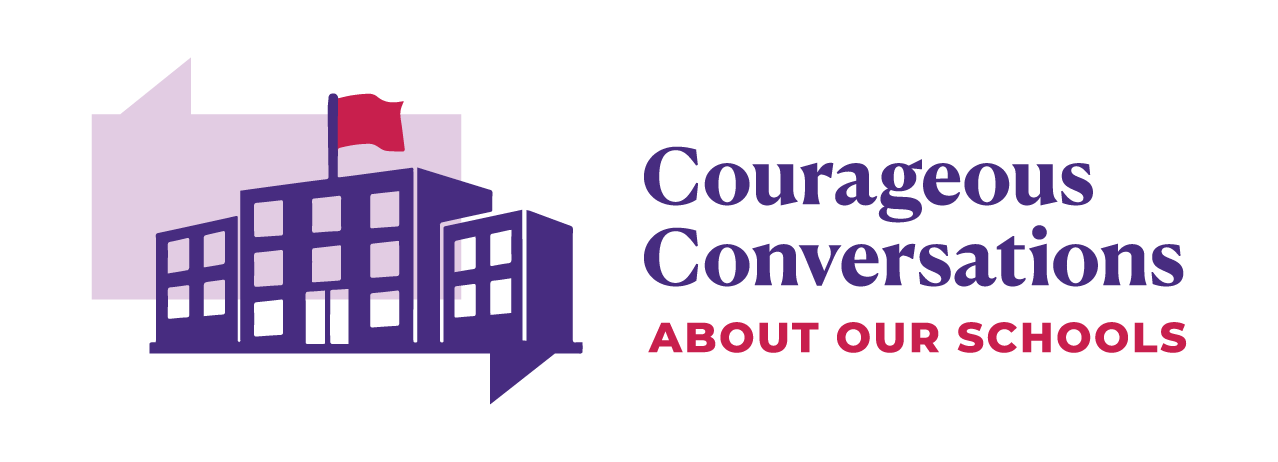The Future of California’s High School Ethnic Studies Course (Ep 47)
Should high school students be required to take an Ethnic Studies course? Should such a course even be offered at all, or is the content likely to do more harm than good? These were the questions that a diverse group of panelists discussed in a live, online “fishbowl” discussion we co-hosted with Braver Angels on September 4th, 2025.
Nearly 200 audience members from across the country listened in and posed questions as panelists shared their views and personal experiences, listened, and responded respectfully to audience questions. The conversation was lively, illuminating, and at times challenging, but it exemplified the value of civil dialogue when addressing controversial topics like this one.
A particularly noteworthy moment occurred near the end when Niclole Bernstein, a panelist opposed to Ethnic Studies, expressed a desire to continue the conversation with Albert Camarillo, one of four panelists in support of the course. They agreed to let us record that conversation, which you can listen to here.
In a post-event survey, 88% of the audience respondents said they would recommend this event to others. Over 300 people have since viewed the video recording on our YouTube channel or the one managed by Braver Angels.
Additional details, including brief panelist bios, audience questions and comments, and updates on the California law that would have made Ethnic Studies a high school graduation requirement, are available here.
Related Content:
LEARN MORE ABOUT THE EVENT
If you missed any part of the event or want to share it with colleagues and friends, you can learn more about the event here and watch the whole conversation on our YouTube channel.
LISTEN OR WATCH THE FOLLOW-UP EPISODE
This episode is a follow-up to that event, featuring the one-on-one conversation that took place two weeks later between Nicole Bernstein and Albert Camarillo. In this thoughtful exchange, they revisit their differing views on Ethnic Studies, exploring how respectful dialogue can deepen understanding even amid disagreement. Their discussion highlights what’s possible when people listen with curiosity rather than judgment—an essential ingredient for meaningful civic conversation.

